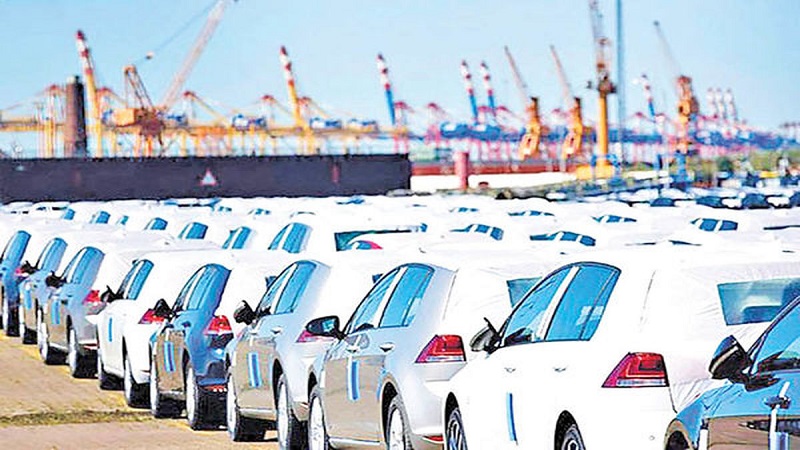
Introduction
Israel, a highly industrialized country with a diversified economy, has long been recognized for its high import duties on vehicles. While this policy may at first appear perplexing or restrictive, it is fundamentally a strategic choice that has been carefully designed to serve a range of economic and policy objectives. This article will explore the reasons for Israel's high import duty on cars, delving into the country's broader economic strategy, environmental agenda, and its impacts on the transportation industry and consumer behavior.
Economic Strategy and Revenue Generation
Israel's high import duties on cars serve as a significant source of revenue for the country. The Israel Tax Authority estimates that around 10% of total tax revenue comes from vehicle-related taxes, including import duties, purchase taxes, and annual vehicle taxes. This revenue supports the funding of public goods and services, thereby reducing the fiscal burden on other sectors of the economy
The high import duties also help to manage Israel's trade deficit. By making imported cars more expensive, the policy encourages consumers to consider other options, such as public transport or domestically produced vehicles, thus reducing the volume of imports and the associated outflow of currency.
Supporting Domestic Industry
Israel's high import duties on cars are also designed to encourage the growth of domestic industries. While the country doesn't have a large-scale automobile manufacturing industry, it is a global leader in automotive technology, particularly in the area of electric and autonomous vehicles. Companies like Mobileye, a developer of vision-based advanced driver-assistance systems, and REE Automotive, a pioneer in modular electric platforms, have made significant contributions to the global auto tech industry.
The high import duties provide indirect support to these industries by encouraging local consumption of domestically-produced technologies and discouraging the import of competing foreign technologies. The policy also incentivizes international car manufacturers to collaborate with Israeli tech companies, potentially embedding Israeli technology in vehicles sold both domestically and internationally.
Environmental Considerations
High import duties on cars in Israel also align with the country's environmental agenda. By making cars more expensive, the policy discourages private car ownership and encourages the use of public transport and carpooling, leading to lower carbon emissions. This helps Israel meet its international commitments to reduce greenhouse gas emissions and mitigates the impact of vehicle emissions on local air quality.
Moreover, the policy has been used to encourage the adoption of more environmentally friendly vehicles. For example, Israel provides tax breaks for electric and hybrid vehicles, making them relatively cheaper compared to traditional gasoline and diesel cars. This differential tax system aligns with global trends of promoting electric vehicles to combat climate change.
Conclusion
While the high import duty on cars in Israel has been a topic of debate, it is clear that the policy is multifaceted, serving a range of economic, industrial, and environmental objectives. It generates significant tax revenue, supports domestic industries, promotes environmental sustainability, and manages the country's trade deficit.
However, it is also important to continuously evaluate the effects of this policy, especially on consumers and the overall health of the economy. As the global automotive industry evolves with the advent of electric and autonomous vehicles, Israel's policy on import duties may also need to adapt to these changes to remain effective and relevant. The country's ability to balance these various factors and interests will be key to its ongoing economic success and environmental stewardship.






